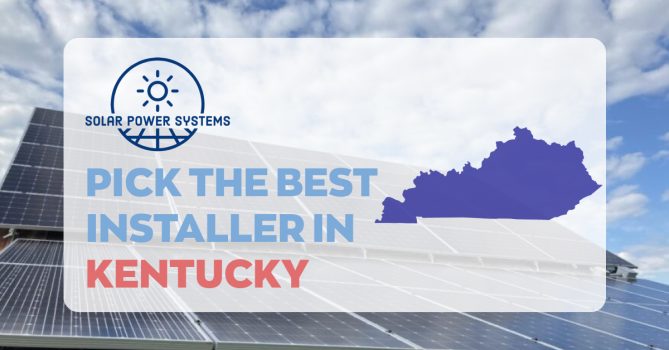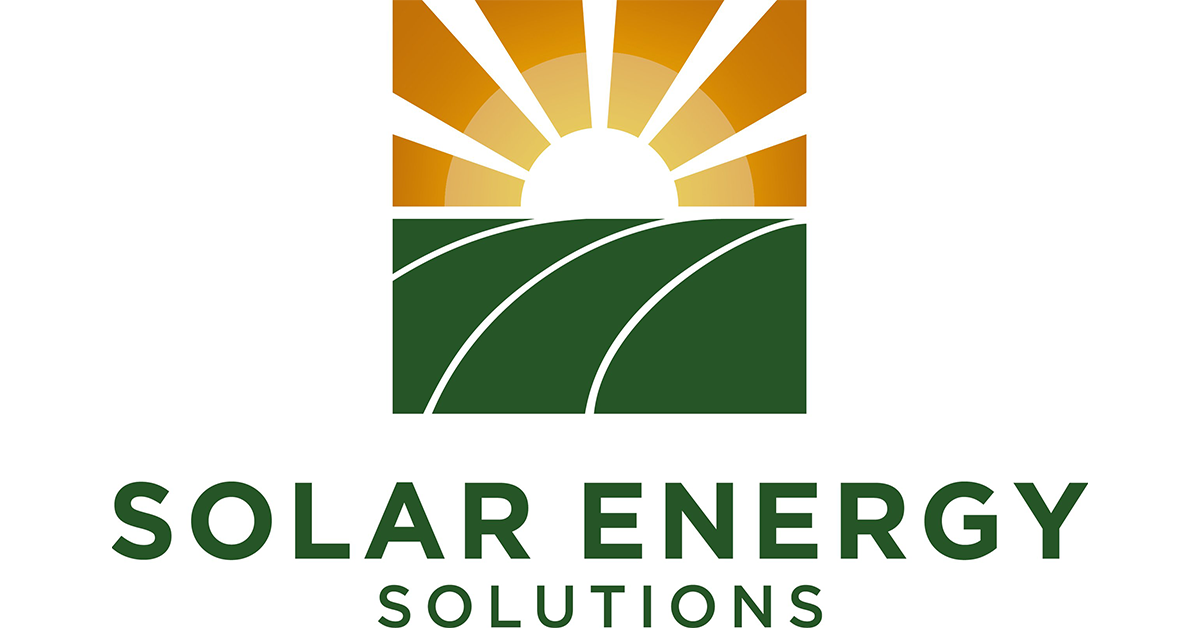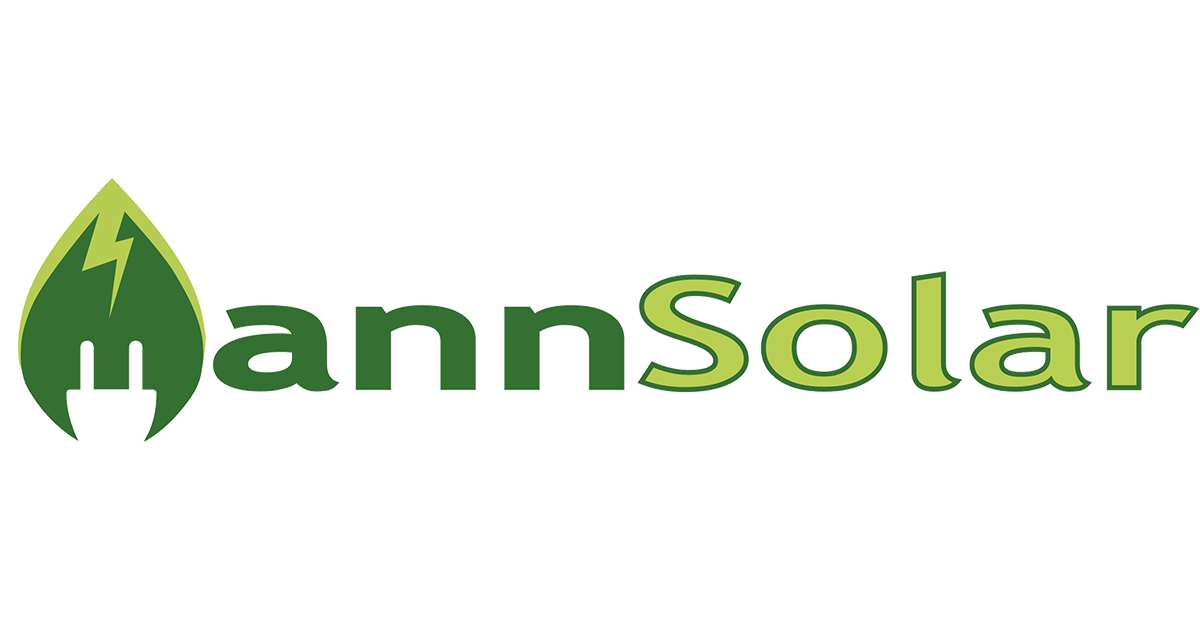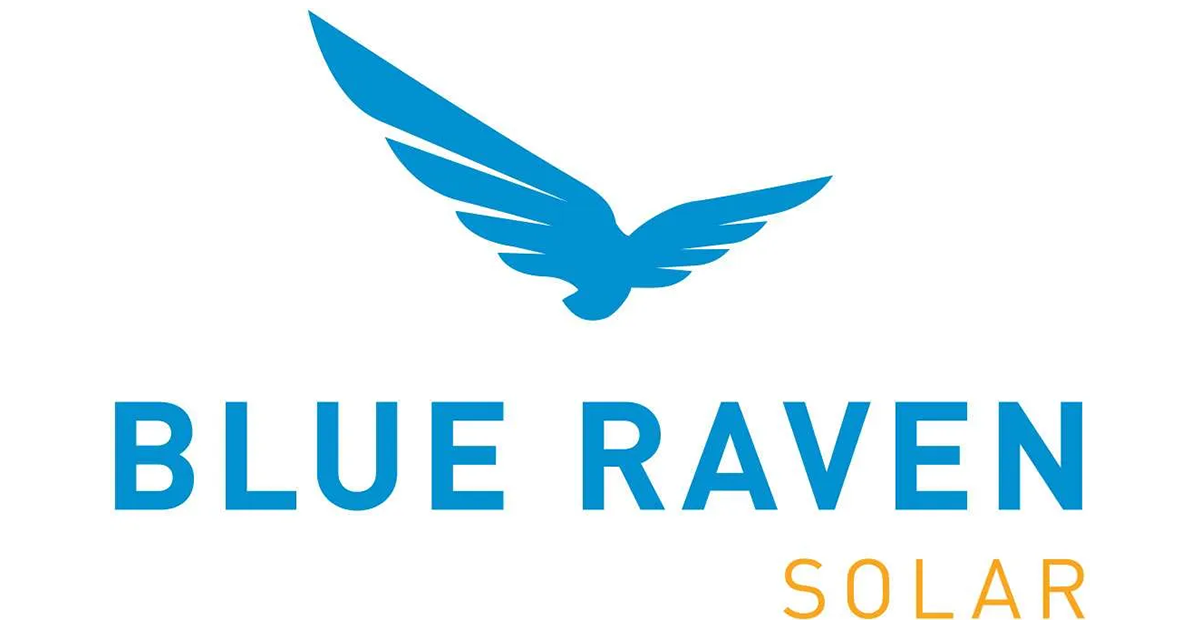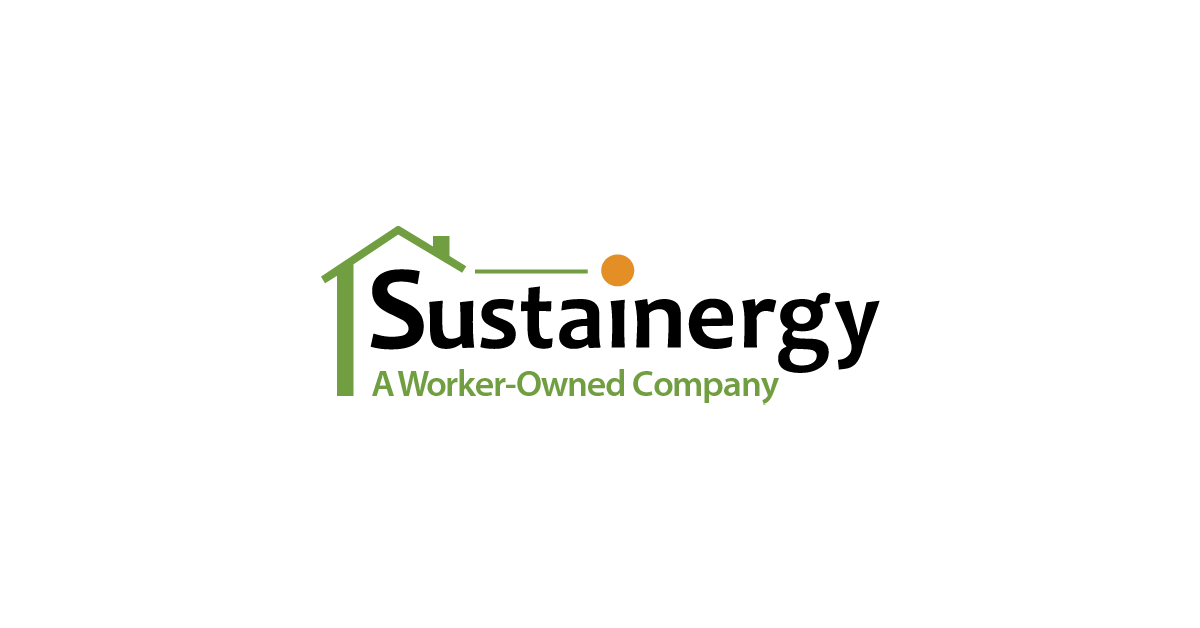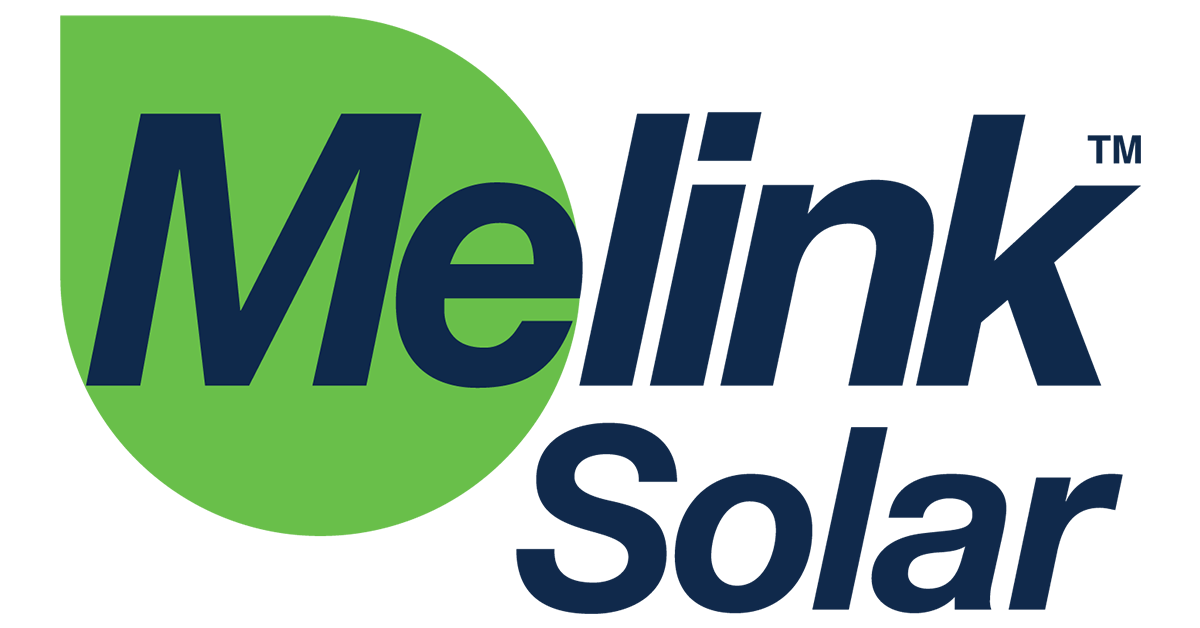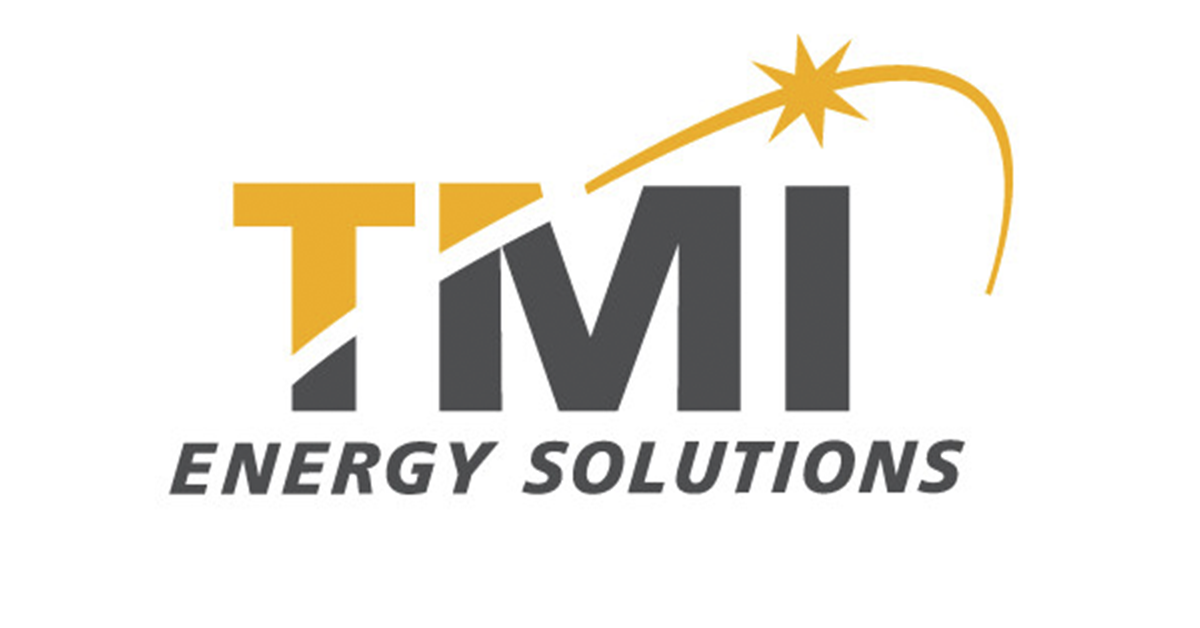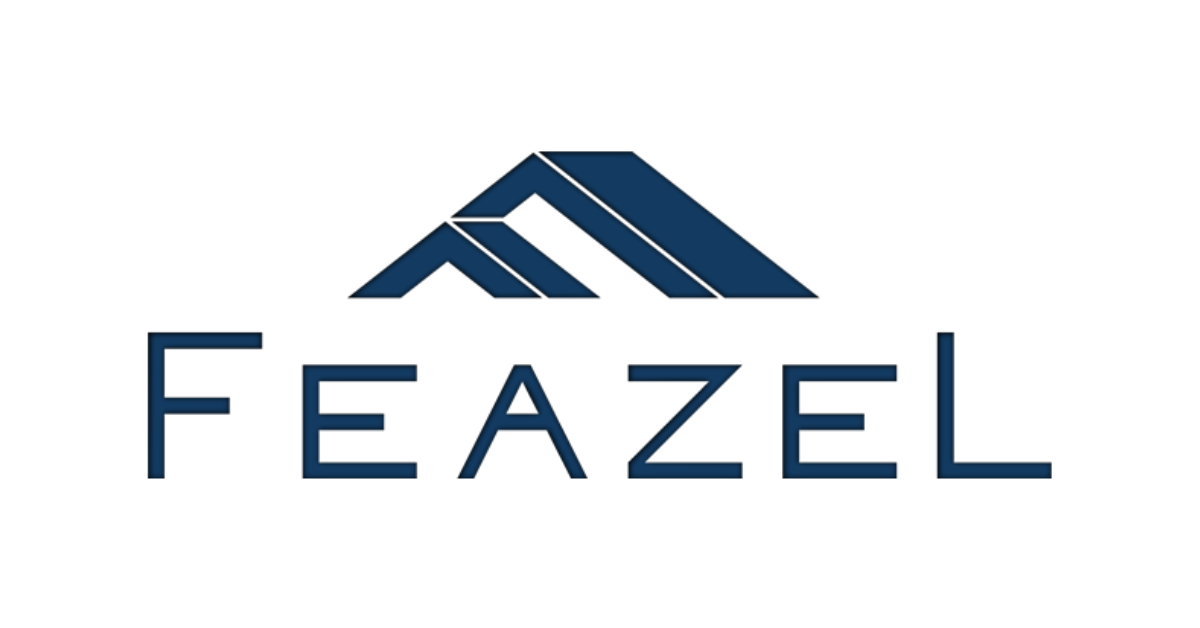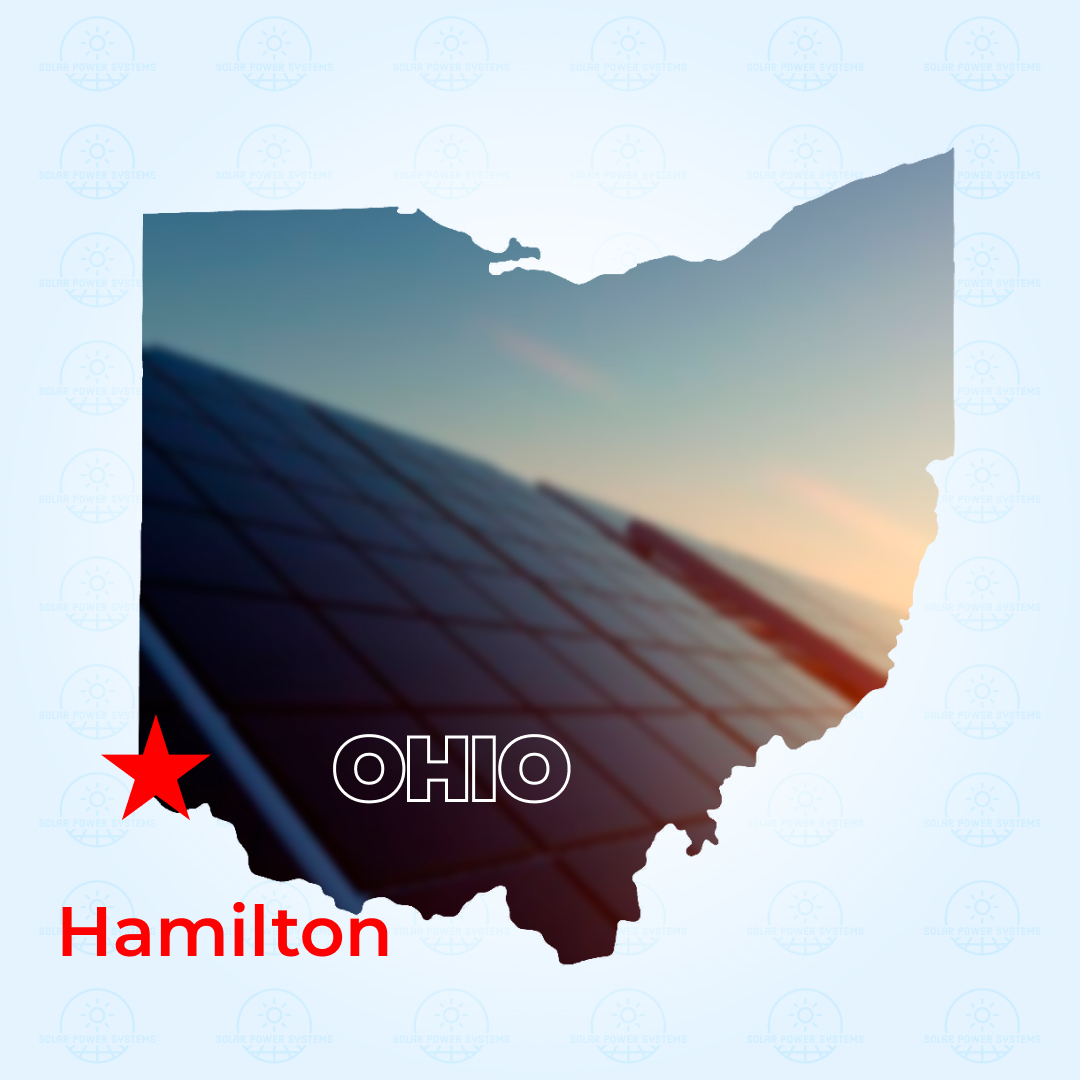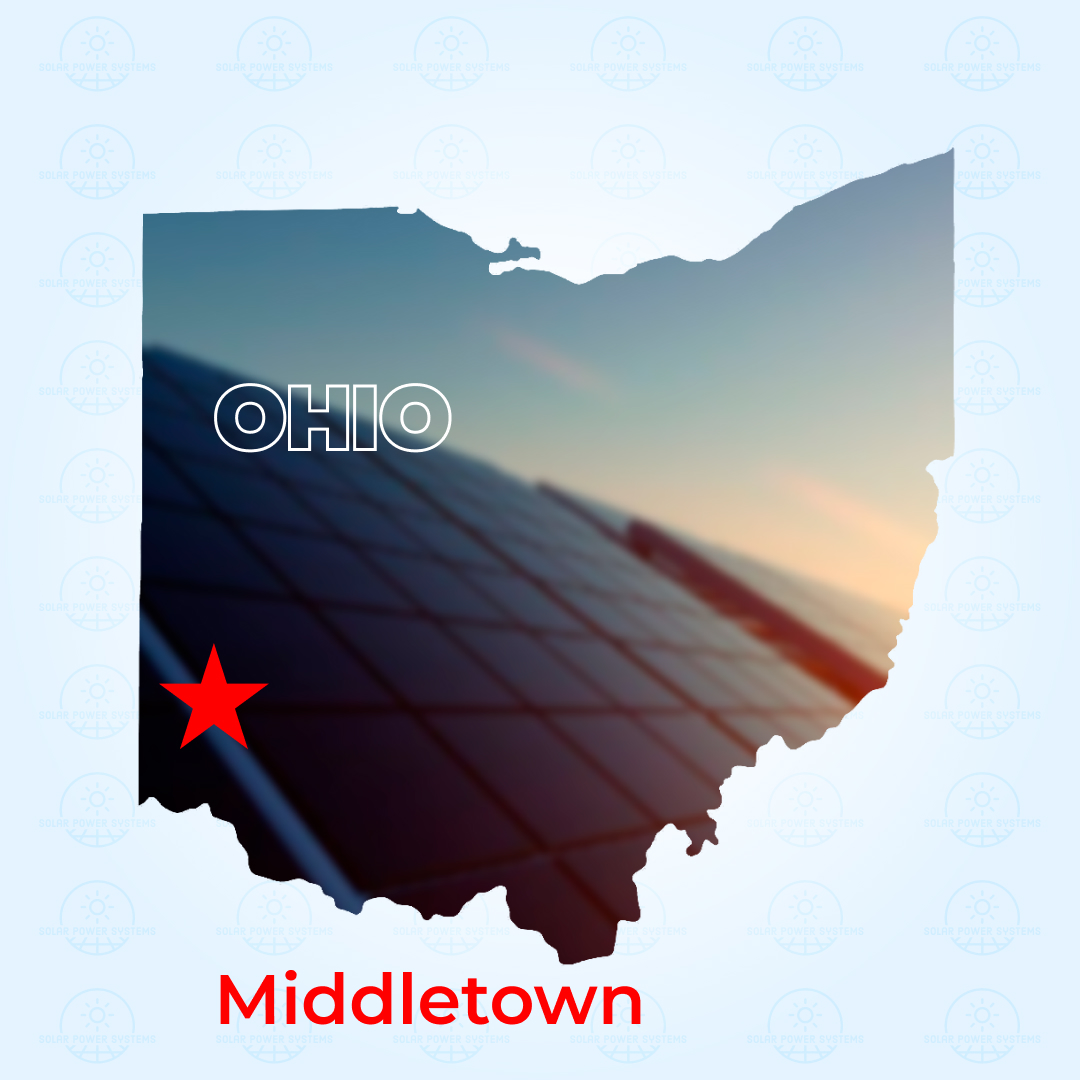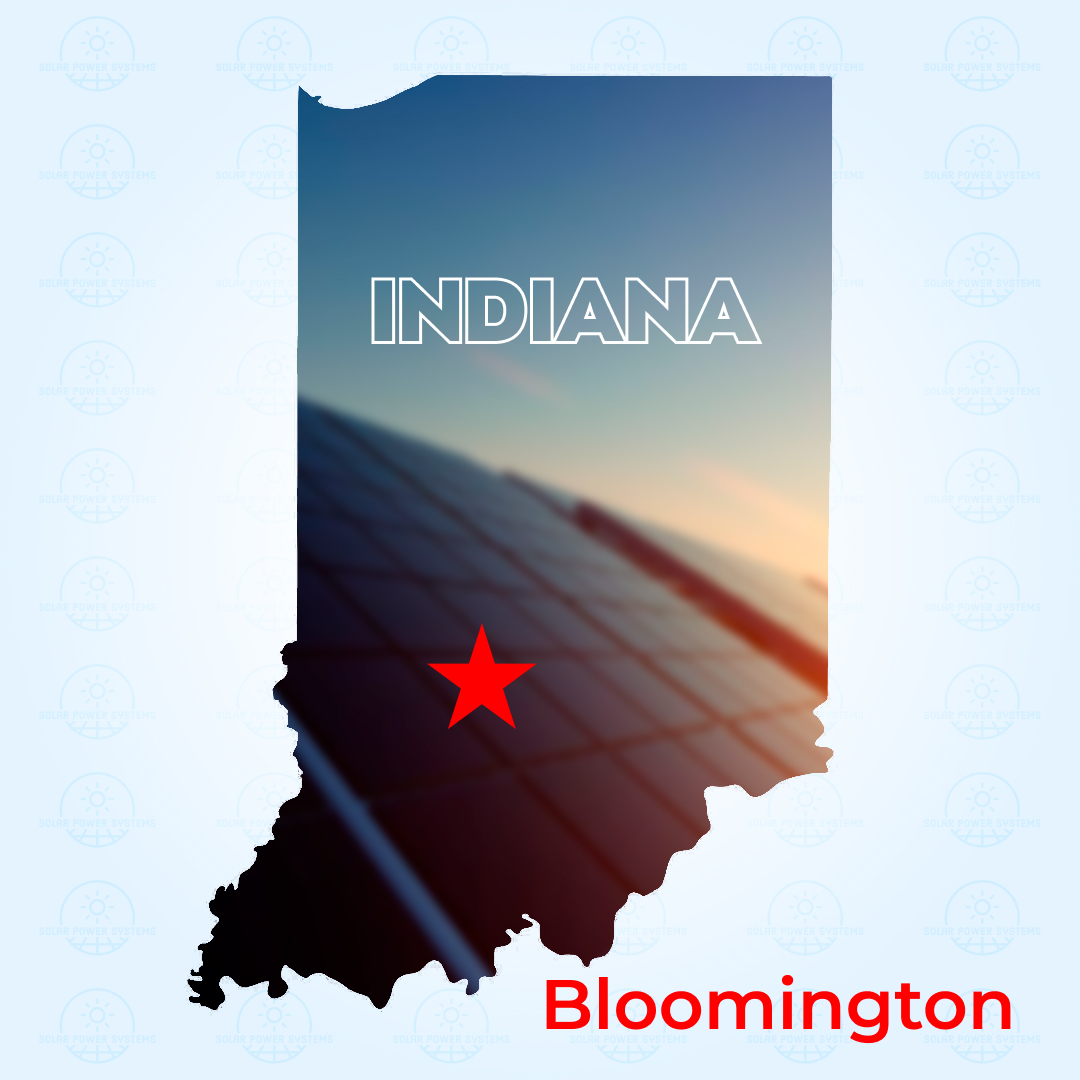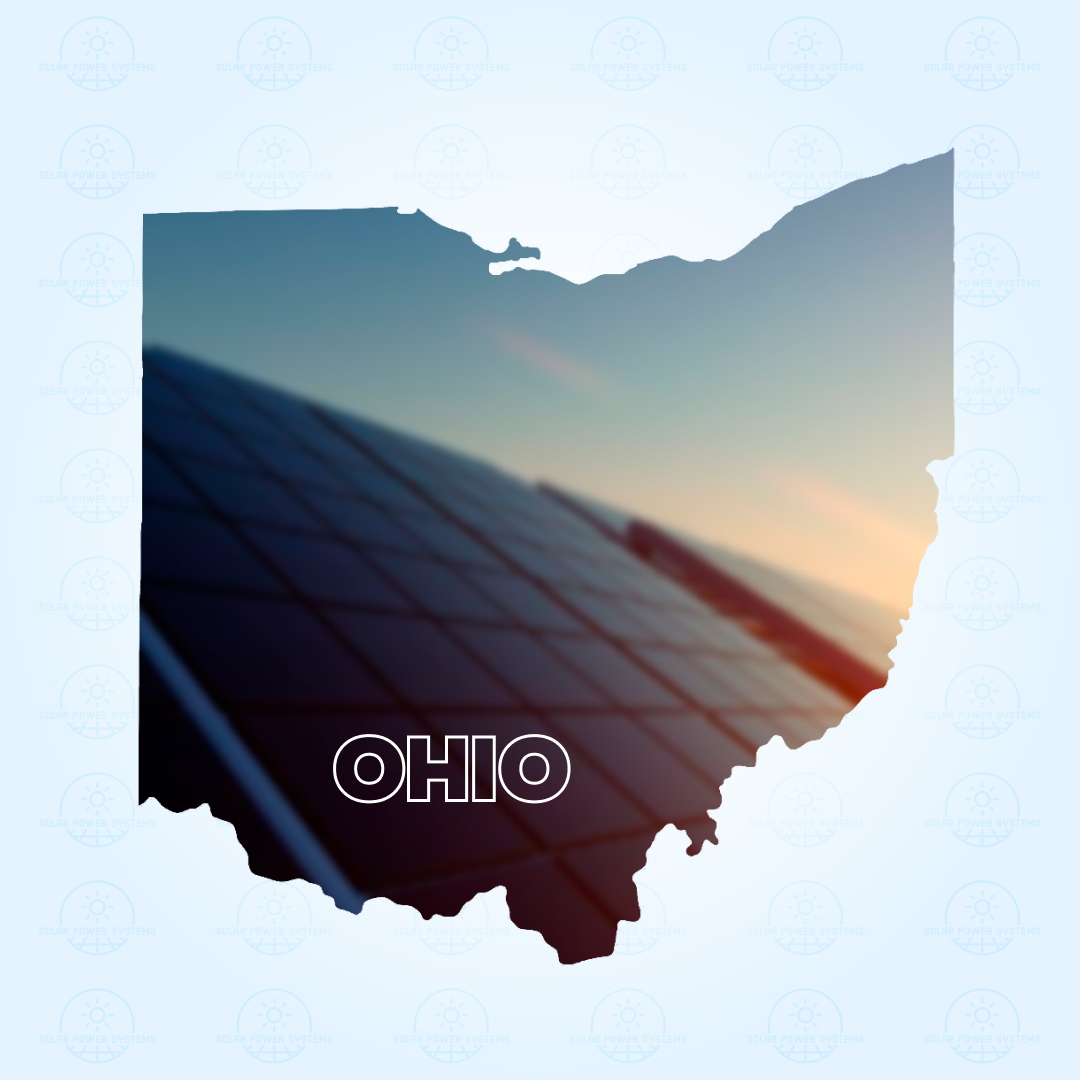Choosing the right solar installer in Kentucky can feel overwhelming. There are so many questions to answer before making the decision you can spend hours researching. That’s why we’ve simplified it for you.
Our guide highlights Kentucky’s top-rated solar companies, combining Solar Power Systems expert insights with feedback from locals who’ve made the switch.
There is no need to surf the web looking for information crumbs to get the big picture. Years in business, reviews from real customers, online reputation, panel brands, warranty, social media overview, and more—we have it all. The hard work is done to help you make the right decision.
We prioritize companies committed to long-term service and reliability. Here’s our list of Kentucky’s most trusted solar installers:
Solar Energy Solutions review 1038 Brentwood Ct Suite B, Lexington KY, 40511
Synergy Home review 801 Winchester Rd. # 200 Lexington, KY 40505
SYNERGY HOME is rewarded with our Expert Choice badge, serving an exclusive area of fewer than 1 state. With a read more…
Commonwealth Solar review 496 High Bridge Rd Wilmore, KY 40390
With an overall third-party rating of 4+ and positive feedback across more than 10 reviews from different platforms, Commonwealth Solar read more…
Commonwealth Solar review 496 High Bridge Rd, Wilmore, KY 40390, United States
With an overall third-party rating of 4+ and positive feedback across more than 10 reviews from different platforms, Commonwealth Solar read more…
Mann Solar review 1480 Fisher Ford Rd, Lancaster, KY 40444
Mann Solar is rewarded with our Expert Choice badge, serving an exclusive area of fewer than 1 state. With a read more…
Pure Power Solar review 11226 Bluegrass Pkwy Louisville, KY 40299
With an overall third-party rating of 4+ and positive feedback across more than 10 reviews from different platforms, Pure Power read more…
Solar Energy Solutions review 10370 Bluegrass Parkway, Louisville KY, 40299
With an overall third-party rating of 4+ and positive feedback across more than 10 reviews from different platforms, Solar Energy read more…
Blue Raven Solar review 10503 Timberwood Circle Suite 114, Louisville KY, 40223
With an overall third-party rating of 4+ and positive feedback across more than 10 reviews from different platforms, Blue Raven read more…
Blue Raven Solar review 73 Cavalier Blvd, Florence KY, 41042
With an overall third-party rating of 4+ and positive feedback across more than 10 reviews from different platforms, Blue Raven read more…
Sustainergy Cooperative review 605 Burns St, Cincinnati, OH 45204
With an overall third-party rating of 4+ and positive feedback across more than 10 reviews from different platforms, Sustainergy Cooperative read more…
Solar Energy Solutions review 201 E 5th Street Suite 1900, Cincinnati OH, 45202
With an overall third-party rating of 4+ and positive feedback across more than 10 reviews from different platforms, Solar Energy read more…
Blue Raven Solar review 5535 Fair Lane Suite A, Cincinnati OH, 45227
With an overall third-party rating of 4+ and positive feedback across more than 10 reviews from different platforms, Blue Raven read more…
Melink Solar review 5130-5140 River Valley Road Milford, Ohio 45150 Cincinnati USA
With an overall third-party rating of 4+ and positive feedback across more than 10 reviews from different platforms, Melink Solar read more…
Icon Solar review 50 W. Technecenter Dr. Suite K Milford, OH 45150
With an overall third-party rating of 4+ and positive feedback across more than 10 reviews from different platforms, Icon Solar read more…
Icon Solar review 50 W Techne Center Dr, Milford OH, 45150
With an overall third-party rating of 4+ and positive feedback across more than 10 reviews from different platforms, Icon Solar read more…
TMI Energy Solutions review 423 W. Wyoming Avenue Cincinnati, OH 45215
With an overall third-party rating of 4+ and positive feedback across more than 10 reviews from different platforms, TMI Energy read more…
Solar Energy Solutions review 2800 E Kemper Rd, Cincinnati OH, 45241
With an overall third-party rating of 4+ and positive feedback across more than 10 reviews from different platforms, Solar Energy read more…
Feazel review 149 Commerce Dr, Loveland, OH 45140, United States
Feazel is rewarded with our Expert Choice badge, serving an exclusive area of fewer than 5 states. With a foundation read more…
Solar Power and Light review 2411 Crosspointe Dr, Miamisburg, 45342, OH, US
Solar Power and Light is rewarded with our Expert Choice badge, serving an exclusive area of fewer than 1 state. read more…
Whole Sun Designs review 6873 S. Old State Road 37 Bloomington, IN 47403
With an overall third-party rating of 4+ and positive feedback across more than 10 reviews from different platforms, Whole Sun read more…
Solar Panel Cost in Kentucky
If you’re wondering how much solar panels cost in Kentucky right now, here’s what you need to know. As of October 2025, you’re looking at an average of $2.63 per watt for a complete installation. That breaks down to roughly $13,145 for a standard 5 kW residential solar panel system before any incentives kick in. Solar panel prices typically fall somewhere between $11,173 and $15,117, depending on what equipment you choose, which installer you go with, and the specifics of your property.
How much do solar panels cost in Kentucky after incentives? Well, that 30% federal solar tax credit (which we’ll talk more about in a minute) brings that 5 kW system down to about $9,201. But here’s the thing—that tax credit goes away completely after December 31, 2025. Congress passed legislation back in July that eliminated it starting in 2026.
How Much Are Solar Panels by System Size?
Your total cost to install solar panels really depends on how big your system needs to be. Most residential solar panels in Kentucky end up being somewhere in the 5-8 kW range, which covers what a typical household uses. Here’s what different system sizes will run you:
| System Size | System Cost | System Cost (After 30% Federal Tax Credit) |
|---|---|---|
| 3 kW | $7,887 | $5,521 |
| 4 kW | $10,516 | $7,361 |
| 5 kW | $13,145 | $9,201 |
| 6 kW | $15,774 | $11,042 |
| 7 kW | $18,403 | $12,882 |
| 8 kW | $21,032 | $14,722 |
| 9 kW | $23,661 | $16,563 |
| 10 kW | $26,290 | $18,403 |
The cost to install solar panels covers equipment, labor, permits, and system design. In order to approximate the cost of installing solar panels, homeowners should keep in perspective that although the cost of solar panels is initially higher, the federal tax credit and future savings on electricity make the effective cost considerably lower.
Kentucky Solar Incentives and Rebates
Federal Solar Investment Tax Credit (ITC)
Right now, the best solar incentive you can get as a Kentucky homeowner is the federal Residential Clean Energy Credit. It takes 30% off your total installation cost—and that includes equipment, labor, permits, even the sales tax. This incentive completely disappears on December 31, 2025; your system has to be installed by that date to qualify.
You’ll need to buy your system outright (cash or solar loan work fine) and have enough tax liability to use the credit. If the credit is bigger than what you owe in taxes for the year, you can roll the remainder over to the next year.
Net Metering in Kentucky
There is no statewide net metering rule in Kentucky, so net metering terms depend on your utility company.
- Full Retail Net Metering: LG&E (Louisville Gas & Electric) and KU Energy offer full retail net metering — you receive 100% value for excess electricity sent back to the grid and credits roll forward on your account.
- Reduced Net Metering: Duke Energy Kentucky switched to a Net Metering II tariff in January 2025 and now credits excess power at an avoided cost rate. Systems installed before January 2025 are grandfathered into the previous rate for 25 years.
- Kentucky Power: Pays roughly $0.09 per kWh for excess generation.
- Rural & Municipal Utilities: The 19 state-regulated rural utilities must offer net metering (many give full cash credits). Municipal utilities are not required to but many choose to offer programs.
State and Local Incentives
- No statewide tax credits: Kentucky does not currently offer state-level solar tax credits or statewide sales/property tax exemptions.
- Solarize programs: Community group-buy programs (periodic) can offer local discounts.
- Property tax exemptions: Check with your county assessor — some counties do not increase property tax because of solar.
Solar Battery Incentives
Any solar battery over 3 kWh qualifies for the same 30% federal tax credit (expiring December 31, 2025). Batteries can improve value where net metering is poor by storing excess generation for later use and providing backup power.
Electricity Rates in Kentucky
If you’re trying to figure out how much you can save with solar panels in Kentucky, note that residential electricity prices typically run between $0.11 and $0.13 per kWh. Kentucky electricity prices have risen over 21% since 2021, making solar more attractive as a hedge against future increases.
Specific Considerations for Kentucky Solar
Solar Irradiance and Climate
Kentucky gets around 4.2 to 4.5 peak sun hours per day, producing more in spring and summer and less in winter. Moderate temperatures help panel efficiency, and snow generally slides off panels due to roof tilt, so annual production is typically reliable.
Permitting and Interconnection Process
Permitting and interconnection vary by locality and utility:
- Building permits: Structural review to ensure the roof can support panels.
- Electrical permits: Required; licensed electricians must meet NEC standards.
- Utility interconnection: Submit application with system specs, utility review and approval, possible bi-directional meter installation, final inspection, and permission to operate. Simplified procedures often apply for residential systems under 30–45 kW.
Timeline Expectations
Typical timeline from signed contract to system activation in Kentucky is 2 to 4 months, though permitting or utility backlogs can extend that. Breakdown:
- Initial consultation & design: 1–2 weeks
- Permitting phase: 2–8 weeks
- Installation: 1–3 days
- Inspection & interconnection: 1–4 weeks
Because the 30% federal tax credit ends on December 31, 2025, homeowners aiming to qualify should start the process early enough to complete installation before that date.
Is It Worth Going Solar in Kentucky?
For most Kentucky homeowners, solar is a sound investment. Rising electric rates, the federal tax credit (while available), and long equipment warranties make the numbers favorable.
Financial Returns
If you pay cash, average 25-year savings are estimated around $30,363 for a typical system. Even financed systems often have monthly payments equal to or below prior utility bills, producing immediate cash flow benefits.
Payback Period
With the 30% federal tax credit, most Kentucky systems pay back in 8–12 years, leaving 13–17 years of largely free electricity. Without the credit (post-2025), payback typically stretches to 11–16 years.
Environmental & Property Benefits
- Environmental impact: Solar reduces reliance on coal-fired generation and cuts lifetime emissions.
- Property value: Owned systems commonly increase a home’s resale value.
Key Considerations
- Net metering policy: Utility-specific — LG&E and KU are best for full retail credits.
- Roof condition: Ensure 15–20 years of roof life to avoid removing panels for replacement.
- Electricity usage: Higher usage improves system economics.
- System ownership: Purchasing (cash or loan) yields better long-term value than leasing.
How Much Can Solar Panels Save Me in Kentucky?
Finding out how much you can save on solar in Kentucky is not a straightforward answer. It depends on several factors, including the solar billing of your utility company, the size of a potential solar system on your roof, and your household’s energy consumption. While most solar installers will try to cover all your electricity needs, the actual savings will depend on your home’s unique conditions. To get a personal estimate of how much you could potentially save by going solar, fill out a simple form on our website, use Google’s Project Sunroof solar savings calculator, or consult with a couple of local solar installation companies for a personalized savings calculation.
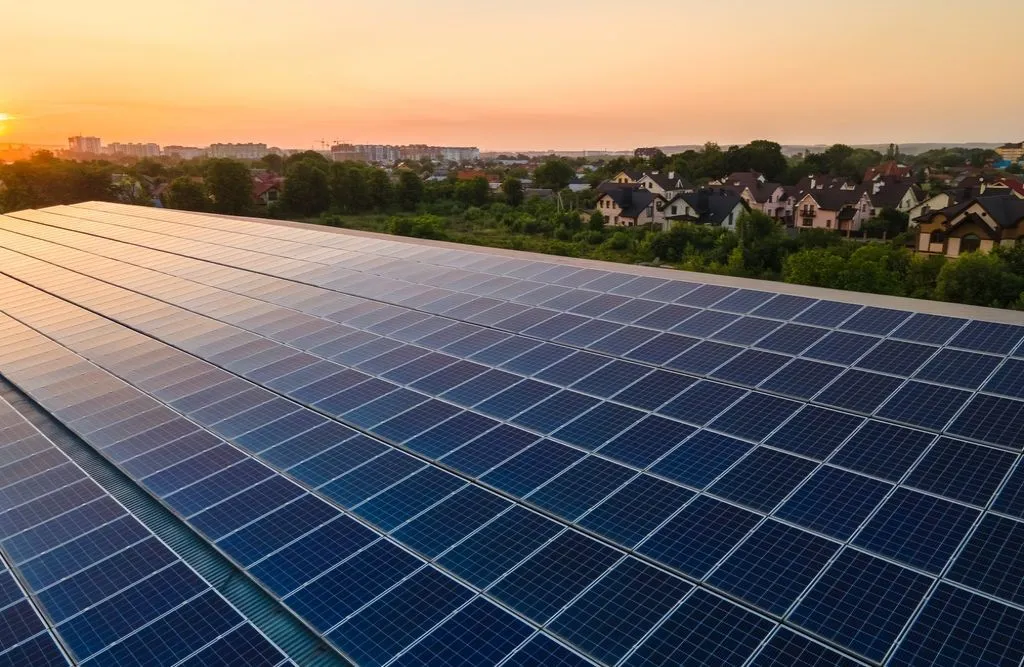
How much is your electricity bill per month?
Help us understand what you`re currently spending
Solar Financing Explained
You can pay for solar panels in a couple of ways:
- Cash
- Installer solar loans
- Personal loans
- Cash-out refinance or HELOC
- Solar Leases or Power Purchase Agreements (PPA)
First, there is a cash purchase, which in most cases provides the best price and long-term savings, but the upfront payment is not always what you can afford. If you want to own your solar panels and don’t have about $15,000 to $20,000 in the bank, you’ll have to choose solar panel financing.
You can consider a personal loan, a home equity line of credit, or a solar loan offered by the solar company. However, keep in mind that these loans come with interest and additional fees. Solar loans often are tied to dealer fees, which can increase the total cost of your solar system by 20% or more in exchange for a lower interest rate. To ensure you get the best possible deal, it is wise to compare the dealer fees and interest rates offered by different installers. This way, you can decide based on the most favorable terms available.
Some companies offer solar leases or PPAs that require zero upfront cost. But in such cases, you don’t own solar panels, and you are not eligible for any solar rebates or federal tax credit. And, because you have to pay the solar company monthly, your total solar savings will be lower. Ask for detailed savings calculations from a solar installer to decide on the best option. In most cases, you will still be paying less for electricity.
Frequently Asked Questions
How We Rank Solar Installers
Our main goal is to provide homeowners like you with top-rated solar companies you can trust. Our solar experts analyzed thousands of local and nationwide installers to determine who is best in a specific location. The solar company ranking methodology is based on gathering input from homeowner surveys, consulting with industry experts, and extensive research into the solar energy market. Here are the things we believe are the most important to consider when choosing a solar company.
In short, here’s how we pick top installers:
– Company that has been in business for over five years as it indicates stability, reliability, and successful installations.
– Local solar companies over big national ones covering multiple areas as they can provide better personal attention and know more about the solar needs and regulations in their area.
– Companies with hands-on experience and a wealth of projects under their belt are more likely to deliver efficient and timely installations that cater to specific customer needs.
– Companies that handle their own installations instead of outsourcing to subcontractors ensure a higher caliber of work and nurture a culture of excellence and accountability in service.
– Select a company that has a good overall reputation and reviews on sites like SolarReviews, BBB, Google Maps, and Yelp.
– The company is licensed and insured and holds relevant certifications such as NABCEP certification.
– Companies that offer a wide selection of high-quality solar panels and related products and work with reputable brands.
– Companies that provide flexible financing options such as solar loans, leases, or power purchase agreements.
– Installers that provide substantial workmanship warranties and system performance guarantees.
Read more:
Our Methodology
What Made Us Choose Sources for Expert Score?
How We Classify Solar Installers: What Matters Most?
What to Look for In a Solar Company
To ensure that you partner with a great provider that can meet your needs of going solar, look for the following:
– Make sure the solar installer has industry-standard certifications, such as those from the North American Board of Certified Energy Practitioners (NABCEP), indicating that they meet the gold standard in renewable energy installations. Also, verify if they are licensed, bonded, and insured for residential solar projects in your area. If subcontractors are involved, check their credentials as well.
– Prioritize installers with a proven track record in solar installations, ideally with at least 5+ years of experience. Ask about the number of systems they’ve installed and their project portfolio. A competent installer should openly discuss the solar panels, inverters, and batteries they use if they help to take advantage of local solar incentives and rebates, as well as warranty coverage specifics.
– Your installer should be forthcoming about the installation process and answer any questions you might have, like “How many solar panels will I need? Why?”, “Can you give me a detailed cost breakdown based on my energy consumption?”, “What solar panel brands do you install? Why?”, etc.. They should also be transparent about their use of subcontractors, detailing their roles and how their work will be supervised.
– A preliminary evaluation of your roof’s condition is the groundwork. The installer should advise on necessary repairs to ensure it’s ready for solar panel installation and clarify responsibilities for any potential roof damage. Discuss aesthetic concerns, such as the placement of solar panels around roof vents or the possibility of relocating vents for a more visually appealing setup.
– Check the installer’s reputation through online reviews and testimonials. They should be able to connect you with past customers who are willing to share their experiences. Personal recommendations from friends or neighbors who’ve gone solar can also be invaluable.
– Solar installation costs can vary widely, so obtaining multiple quotes is advisable. Experienced installers will adjust their offers to your home’s specifics—size, energy needs, etc. For an objective cost comparison, calculate the price per watt of the proposed system, giving you a standardized basis to evaluate different quotes.
Should You Choose a Local Solar Installer or a Big National Company?
Always choose a local solar company over a big national corporation. Small local companies that operate in a distinct local area are better than multi-state and national solar companies and large corporations. It’s the small local companies who get the best reviews on our website, and it’s the national multistate companies who get very poor reviews. Why so, you may ask?
Solar is a local service business, for the most part, and it is extremely difficult to run a solar company and offer good customer service to many locations from a central office.
Local ones have a community connection, they know the incentives and regulations in the area better, and they simply care more about you than large businesses trying to get into your pocket and overprice you. While multi-state solar companies might try to convince you by financial stability and “quality of installations across different locations”, try to choose a local company that meets all your criteria.
What Does a Solar Installation Look Like?
Here’s how a solar system installation will look like once the design for your solar system is approved:
– First, a solar installer should estimate your energy needs, and analyze your annual and monthly electricity consumption, which you can find on utility bills measured in kilowatt-hours (kWh). Such calculations will help to understand potential savings, payback period, and the system size you need.
– A home energy audit is something every experienced solar company would do to understand the size and output needed.
– Next question on the list: are your house’s roof conditions good enough for installation? A solar installer should carefully inspect the roof and ensure its conditions and orientation are good to go, how and where to better place solar panels and wire the system.
– Next, they will design the system and show you how it’s going to look.
You will usually need a permit to install solar panels from your local authorities, and the solar provider should handle all the paperwork.
– The entire process might take up to 3 months depending on the state and local regulations, while the system installation is usually up to 3 days (might take longer depending on roof conditions and system complexity).
– The installation crew should always clean up and remove any debris, leaving your house in good condition.
– When the system is installed, it should be checked and approved by local municipality inspection.
– If you’re connecting your system to the grid, it has to be wired to your local utility system. You’ll apply for connection through your utility company, which will also want to inspect your system to ensure it’s following utility guidelines. Some installers may help you with this step, so always ask. Once you have all the permits, your system will be up and running, powering your home with solar.

Find the Best Solar Installers Near You
Browse the Best Solar Installers in Nearby Locations

